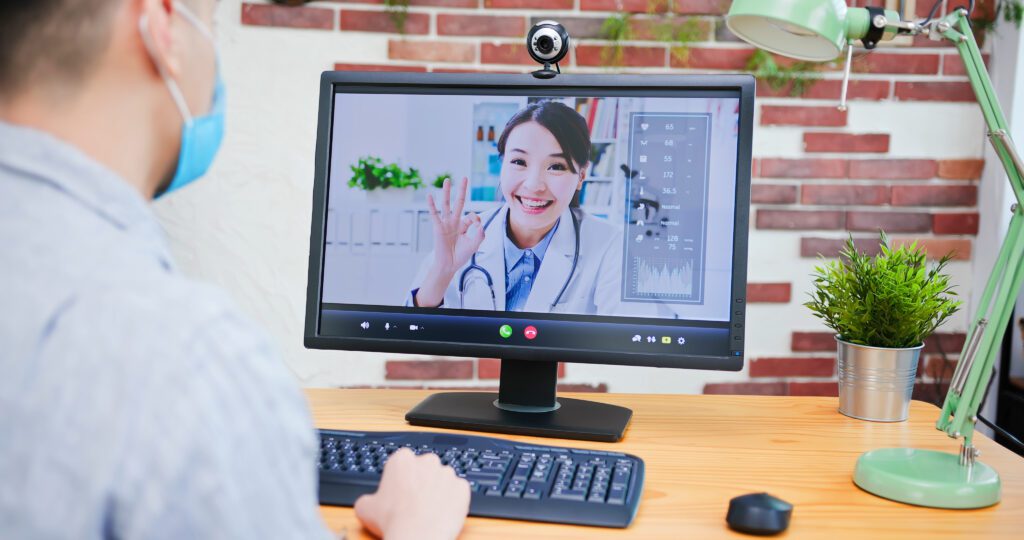Don’t Put a Hold on Health

“COVID has been the focus of all of health care, but unfortunately, the rest of our medical problems don’t know they need to go on hold. Cognitive impairments and dementia don’t go away because we’re dealing with a pandemic.” That’s how Joyce Fogel, MD, FACP, AGSF, Associate Professor of Geriatric and Palliative Medicine at Mount Sinai Hospital’s Icahn School of Medicine, explained the importance of continuing to look after your overall health in the midst of the coronavirus at a recent AFA webinar.
Dr. Fogel also advises against neglecting other types of visits such as mammograms, colonoscopies, dental visits, checkups and even physical therapy that, if skipped, could lead to greater problems in the long run. “Older patients, especially those with cognitive impairments, may be staying home and having some gait instability or trouble walking. They became more debilitated by not leaving their homes and getting the therapy that they were getting before.”
But some good things have come out of the pandemic. One of the most significant is the use of telemedicine, which refers to practicing patient care via a digital platform instead of a provider and patient being together. Health care professionals can evaluate, diagnose, and treat patients remotely using a smartphone, computer or tablet with a webcam and internet access.
“COVID was the driving force to expanding all of telehealth,” Dr. Fogel said, noting that its potential benefits include improving care access, decreasing patient exposure to infectious diseases, and reducing medical and travel costs. Telehealth can be helpful for someone with dementia (assisted by a caregiver or family member), especially if the person has trouble complying with masking. Allergies, cold, cough, ear issues, headaches, digestive issues, low-grade fever, and routine care are all examples of things that can potentially be dealt with through telehealth.
Telehealth does not eliminate the need for all in-person visits, of course. High fevers, broken bones, serious burns, chest pain, difficulty breathing, and stroke symptoms are emergencies that must be addressed at a hospital. “Some things you can’t deal with through telehealth and you really need to be seen in person,” Dr. Fogel said.
If you’re concerned about potential COVID exposure by going to an in person visit, contact your doctor’s office or hospital to ask about their safety protocols to protect patients. Most importantly, continue to be vigilant about your own health despite the challenges created by COVID-19.
“If you ignore your health, it will go away,” said Dr. Fogel.
How to Prep for a Telehealth Visit
- Make sure you have a computer, smartphone or tablet with Internet
- Find a quiet space
- Be available at your scheduled time (leave time to check in)
- Have insurance information and medication bottles on hand
- Make a list of questions to ask the doctor
Adapted from an AFA Care Connection Webinar. View the recording, along with other past webinars, here. View upcoming events here.
This article originally appeared in Alzheimer’s TODAY, Volume 15, Number 4, published by AFA. View the entire issue here.


